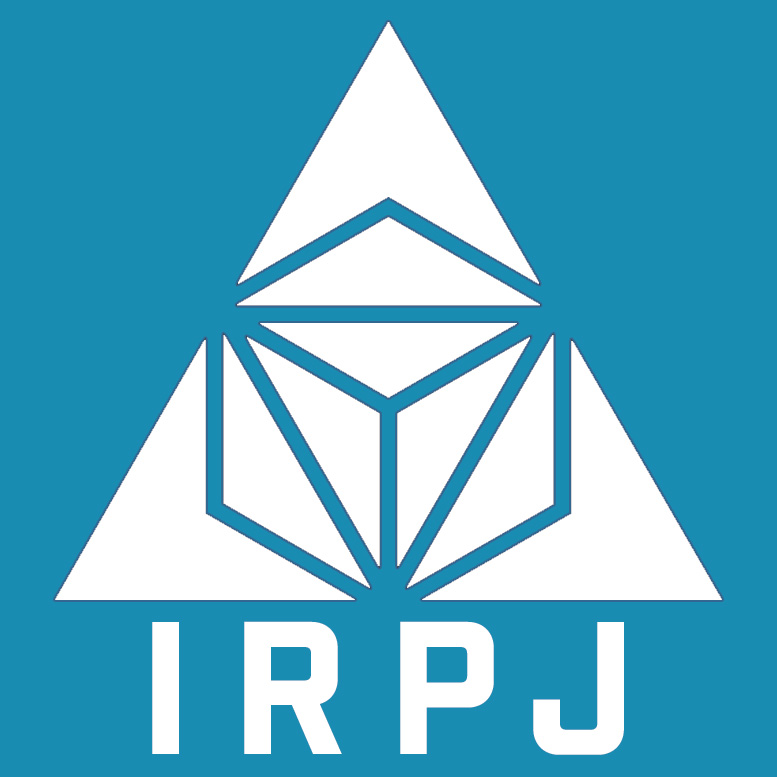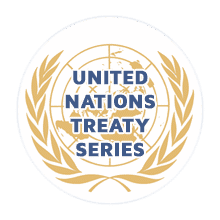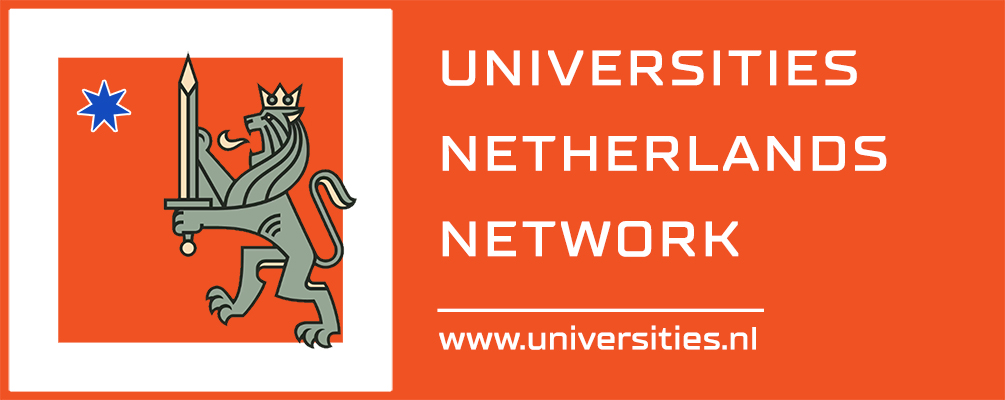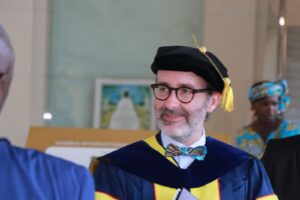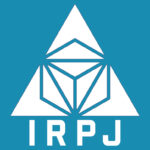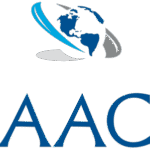EULER is, by definition, committed to high-level research in its areas of expertise, namely public health and development.
It is part and parcel of EULER’s educational philosophy to train students with a proven ability and record to write publishable-grade papers.
Everyone at both EULER and EUCLID strives to make a contribution to applied research and policy.
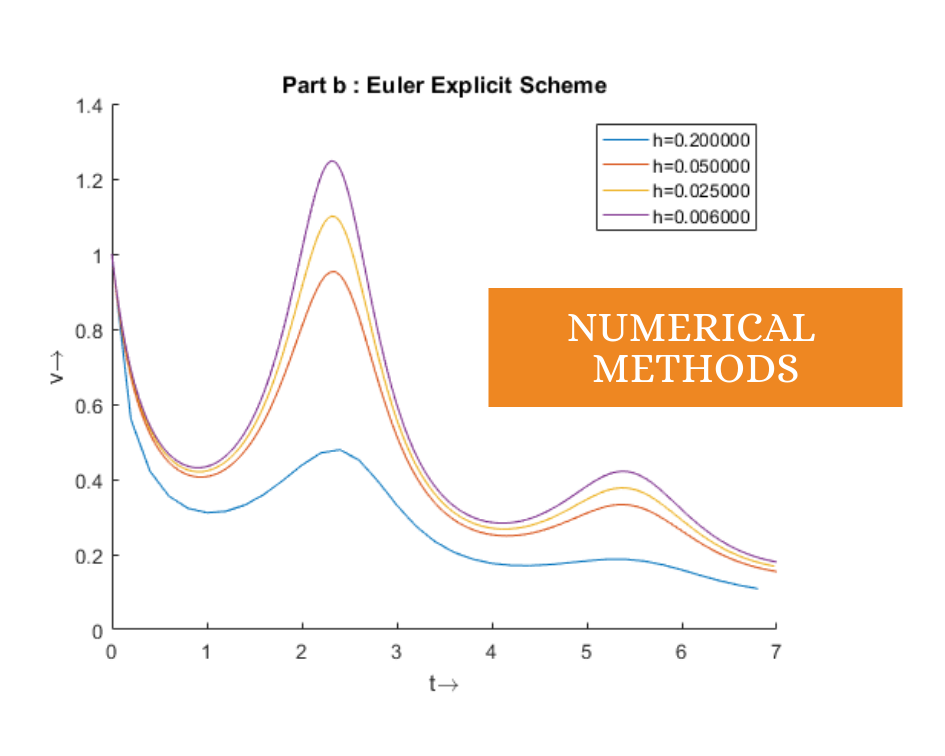
Research Policy
EULER is dedicated to fostering an environment of academic excellence, innovation, and ethical inquiry. Our research policy is designed to support and promote groundbreaking research that addresses critical global challenges. Key principles of our research policy include:
Academic Freedom
We uphold the principle of academic freedom, ensuring that researchers have the liberty to pursue knowledge without undue restriction.
Ethical Conduct
All research conducted at our institution adheres to the highest ethical standards. We have established rigorous guidelines and review processes to ensure the integrity and ethical responsibility of our research.
Interdisciplinary Collaboration
We encourage interdisciplinary research initiatives that integrate diverse fields of study to address complex global issues.
Sustainability
Our research endeavors are committed to sustainability, aiming to develop solutions that promote environmental stewardship and social equity.
Global Impact
We prioritize research that has the potential to make a significant impact on global health, policy, and social well-being.
Main Areas of Research
A. Global Health
Our Global Health research aims to improve health outcomes and reduce health disparities around the world.
Key focus areas include:
– Epidemiology and Disease Prevention: Investigating the spread, causes, and prevention of diseases, with a focus on infectious diseases, chronic conditions, and pandemics.
– Health Systems and Policy: Analyzing health systems and policies to improve healthcare delivery, access, and efficiency, particularly in underserved populations.
– Mental Health: Addressing the global burden of mental health disorders through innovative research in prevention, diagnosis, and treatment.
B. Bioethics
Our Bioethics research explores the ethical dimensions of medical and biological sciences. Key areas of focus include:
– Clinical Ethics: Examining ethical issues in patient care, including consent, confidentiality, and end-of-life decisions.
– Genetic Research: Addressing the ethical implications of genetic testing, gene editing, and biotechnology.
– Public Health Ethics: Investigating ethical considerations in public health interventions, such as vaccination programs, quarantine measures, and health surveillance.
– Religious and Faith-based Bioethics and Ethics: Studying the Intersection of Religion, science, and interfaith dialogue with Ethical and bioethical Issues.
C. International Relations
Our International Relations research addresses global political dynamics and fosters understanding of international systems and policies. Key focus areas include:
– Global Governance: Analyzing international organizations, treaties, and cooperation mechanisms that address global issues such as security, trade, and human rights.
– Conflict Resolution and Peacebuilding: Exploring strategies for preventing and resolving conflicts, promoting peace, and supporting post-conflict reconstruction.
– Diplomacy and Foreign Policy: Investigating the practices and impacts of diplomacy, including the role of states, non-state actors, and international institutions in shaping global policies.
D. Sustainability Studies
Our Sustainability Studies research is dedicated to advancing knowledge and practices that promote environmental, economic, and social sustainability. Key areas of focus include:
– Climate Change and Environmental Protection: Investigating the causes and impacts of climate change, and developing strategies for mitigation and adaptation.
– Sustainable Development: Exploring sustainable development practices that balance economic growth with environmental conservation and social equity.
– Renewable Energy and Resource Management: Researching innovative approaches to energy production, resource management, and waste reduction to support sustainable living.
EULER is committed to advancing knowledge and addressing the most pressing challenges of our time through rigorous, ethical, and impactful research. We invite students, scholars, and partners to join us in our mission to make a difference in the world.
Research Research @ EULER:

Safety Concerns and Clinical Risks of Platelet-Rich Plasma Combined with ACell Matrix for Hair Loss Treatment
Abstract Platelet-rich plasma (PRP) injections have gained popularity as a non-surgical intervention for androgenetic alopecia and other forms of hair

The Relevance of Spirulina to BRAF V600E-Mutated Tumors: A Preclinical Evaluation with Insights into Wound-Healing Properties
Abstract Spirulina, a cyanobacteria rich in bioactive compounds such as phycocyanin, beta-carotene, and polysaccharides, has been extensively studied for its

Alchemy at Franeker in the Age of AI: Investigating Historical Molecular Compounds for Longevity Potential
Abstract The University of Franeker (1585–1811), a significant academic institution in the Netherlands, provides a historical context to explore the

Reassessing the Relevance of Latin in the AI Era: Insights from Traditional European Universities and the Legacy of Franeker
Abstract The rapid advancement of artificial intelligence (AI) technologies has prompted a reevaluation of traditional educational practices, including the teaching

Natural Compounds as Potential Adjuncts for BRAF V600E-Mutated Tumors During Tovorafenib Drug Holidays: A Preclinical Perspective
Abstract Tovorafenib, an FDA-approved type II RAF inhibitor, targets BRAF V600E mutations and fusions in tumors such as pediatric low-grade

Epidemiology of Infectious Diseases in the Netherlands: A Case Study of Recent Outbreaks
Key Points – Research suggests the Netherlands faces ongoing infectious disease challenges, with recent outbreaks of pertussis and Mycoplasma pneumoniae

